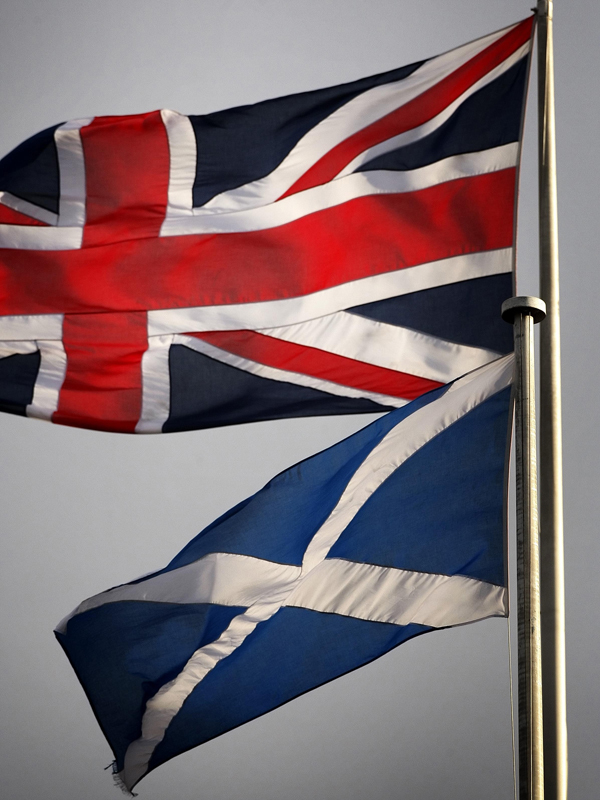The SNP has been accused of double standards in a dispute over the democratic right of Scottish islanders to decide their own future.
Deputy First Minister Nicola Sturgeon came under fire after a series of questions were posed by a Highlands and Islands MSP on what the government’s position was on the ability of the islands to secede from Scotland.
Exactly two months before Scots votes on whether to remain part of the UK, the SNP do not appear ready to give the islands the same right.
Ms Sturgeon said that the draft Scottish Independence Bill provides that the territory of Scotland, in the event of independence, would continue as at present, “in accordance with widely-accepted principles of international law”.
When asked why the independence white paper made no reference to secession, she replied “it made it clear, that in the event of independence, Scotland’s territory will remain as it is now”.
Pro-union supporters accused the SNP of being two-faced over democratic rights.
Rhoda Grant MSP, who tabled the parliamentary questions, said: “The answers from Nicola Sturgeon reveal just how duplicitous the SNP can be, and will look to many to be an untenable position for the Nationalist to take.
“How can they preach about independence for Scotland whilst not understanding that there may also be minority views held in our Island communities who believe, like the SNP, that they might be better off going it alone?”
Scotland has 93 inhabited islands with a population of more than 103,000.
Orkney, Shetland and the Western Isles have been waging a campaign with the Scottish and UK Government’s for more autonomy, whatever the outcome of the September 18 referendum.
The Scottish Government has promised to give the islands more control of their own affairs, but only in the event of a Yes vote.
Liberal Democrats, the main political force in the northern isles, have voiced the possibility of Shetland in particular leaving an independent Scotland and taking its oil with them.
Scottish Secretary Alistair Carmichael, who is also MP for Orkney and Shetland, said it was interesting that Ms Sturgeon did not answer the question.
“If Nationalists in Edinburgh like Nicola Sturgeon like it or not, if people in the Northern Isles chose to do things differently, then they have no right to stop us,” he said.
